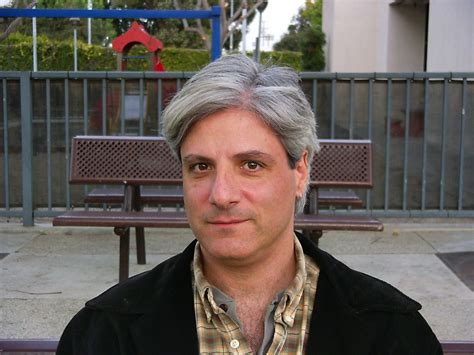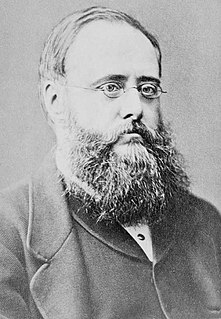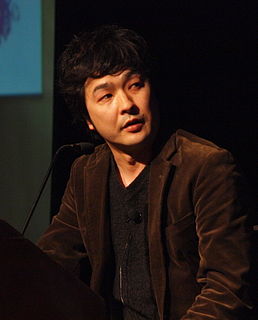A Quote by Ian Bogost
There are things about us that make us who we are, personality traits, or capacities that we have, or knowledge we possess or that we don't possess, habits we have that are good or bad.
Quote Topics
Related Quotes
We exist only by virtue of what we possess, we possess only what is really present to us, and many of our memories, our moods, our ideas sail away on a voyage of their own until they are lost to sight! Then we can no longer take them into account in the total which is our personality. But they know of secret paths by which to return to us.
All of us have many habits of whose import we are quite unaware, since they were formed without our knowing what we were about. Consequently they possess us, rather than we them. They move us; they control us. Unless we become aware of what they accomplish, and pass judgment upon the worth of the result, we do not control them.
Wanting to know absolutely what a story is about, and to be able to say it in a few sentences, is dangerous: it can lead us to wanting to possess a story as we possess a cup... A story can always break into pieces while it sits inside a book on a shelf; and, decades after we have read it even twenty times, it can open us up, by cut or caress, to a new truth.
Horses don’t think the same as humans. Something that’s most unique about the horse, that I love, is not what he possesses but what he doesn’t possess. And that is greed, spite, hate, jealousy, envy, prejudice. The horse doesn’t possess any of those things. If you think about people, the least desirable people to be around usually possess some or all of those things. And the way God made the horse, he left that out.
Five common traits of good writers: (1) They have something to say. (2) They read widely and have done so since childhood. (3) They possess what Isaac Asimov calls a "capacity for clear thought," able to go from point to point in an orderly sequence, an A to Z approach. (4) They're geniuses at putting their emotions into words. (5) They possess an insatiable curiosity, constantly asking Why and How.




































